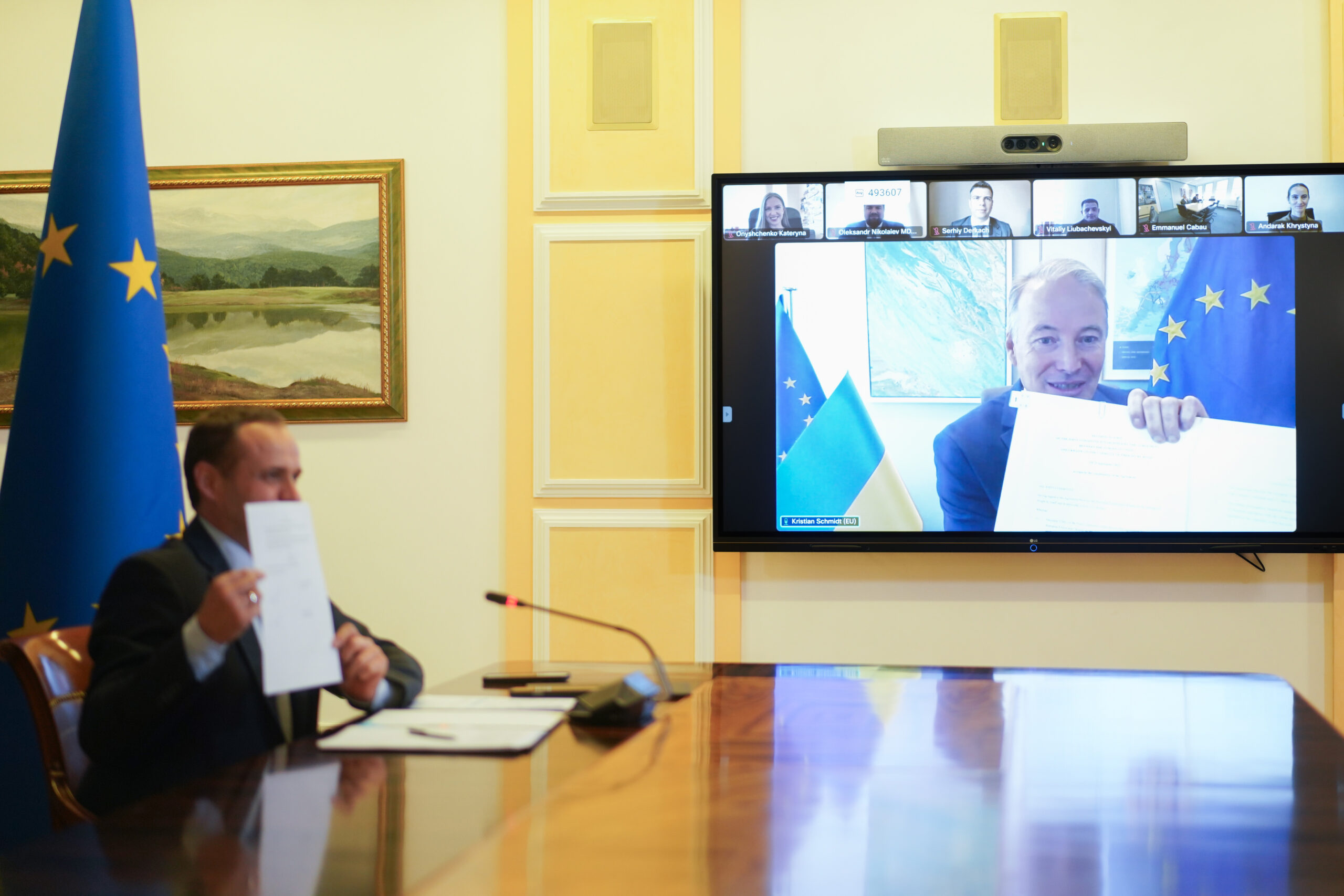Ukraine and the EU extend the “transport visa-free regime”: what new obligations does Kyiv assume?
3 October 18:40
The Ministry of Communities and Territories Development of Ukraine and the European Commission have agreed to extend the Agreement on Freight Liberalization for another 15 months, "Komersant Ukrainian" reports.
Thus, the “transport visa-free regime” will be in effect at least until March 2027.
This means that Ukrainian and European carriers will continue to be able to carry out bilateral and transit transportation without special permits.
Why this is important
Oleksiy Kuleba, Vice Prime Minister for the Restoration of Ukraine, emphasized:
- “More than 55% of Ukraine’s trade with the EU is carried out by road;
- liberalization of transportation stimulates the export of value-added goods;
- it also guarantees stable imports of critical goods.
Conditions for extension
The basic rules of the agreement remain unchanged:
- carriers are required to comply with truck labeling rules;
- have a valid license and cargo documents.
At the same time, Ukraine has assumed additional obligations:
- by the end of 2026, to implement the provisions on the business reputation of companies, the use of smart tachographs and the training of transport managers (in accordance with Law No. 4347)
- equip all new trucks with smart tachographs starting from July 1, 2026.
Next steps
According to Deputy Minister Serhiy Derkach, an independent study of the impact of “transport visa-free regime” on the economy will be conducted as part of the agreement. The Ukrainian side is ready to join the process to make the assessment as objective as possible.
As a reminder, the “Transport Visa Waiver” was signed in June 2022 as a temporary measure in response to the destruction of logistics due to Russian aggression.
The agreement simplified the access of Ukrainian goods to the EU market and ensured transit.
It has already been extended three times, most recently in June 2024.
The implementation of the agreement is monitored by a joint working group of the Ministry of Infrastructure, the European Commission and EU member states.









